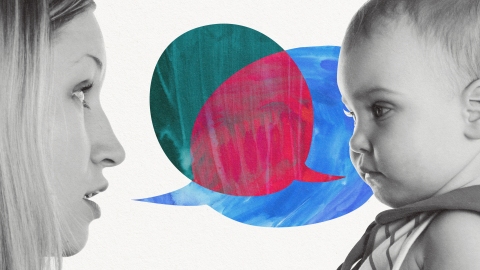Study Reveals Connection Between Online Racism and PTSD Symptoms in Black Youth

The study author emphasized that online racial discrimination, manifested as cyberbullying, poses a significant concern for Black youth.
The Impact of Online Racism on Black Youth: PTSD Symptoms and Suicidal Thoughts
Recent research published in the journal JAMA Psychiatry highlights the alarming consequences of online racism on Black children and teenagers. The study reveals that exposure to racial discrimination online may lead to symptoms associated with post-traumatic stress disorder (PTSD), potentially linking them to suicidal thoughts. Over the past two decades, suicide rates among Black youth have increased significantly, with a 144% rise from 2007 to 2020, according to a report from Johns Hopkins Bloomberg School of Public Health.
The study, conducted with 525 Black children and teens aged 11 to 19 in late 2020, specifically examined instances of online racial discrimination, such as racist memes or messaging. Those who experienced online racism were more likely to report PTSD symptoms, and those with PTSD symptoms were more likely to report suicidal thoughts. However, the study did not establish a direct causation between experiencing online racism and an increased likelihood of suicidal thoughts.
The findings underscore the severe impact of racism, both online and offline, on the mental health of Black youth. Experts highlight the need for online platforms to take regulatory actions, such as proactive monitoring and reducing hate speech, to create safer spaces for Black teens. In addition, recommendations include open dialogues between parents and children about negative online experiences, increased involvement of schoolteachers and social workers in connecting youth to mental health services, and a careful consideration of therapy approaches to address racism-related trauma.
Acknowledging the role of anti-Black racism in the declining mental health of Black children, experts emphasize the importance of community support and training to navigate experiences of racism. Addressing mental health challenges in Black youth requires a comprehensive approach, including creating safe online environments, fostering open communication, and ensuring culturally sensitive mental health care.








